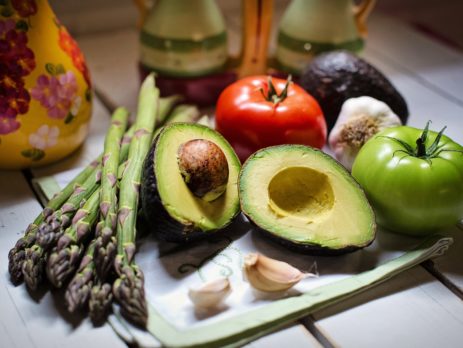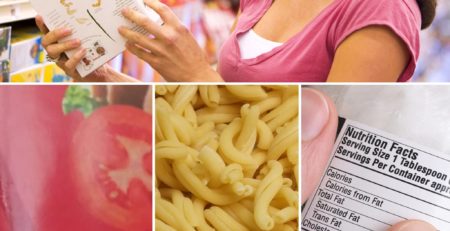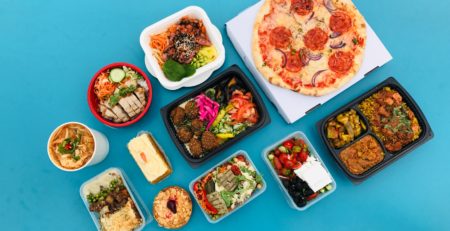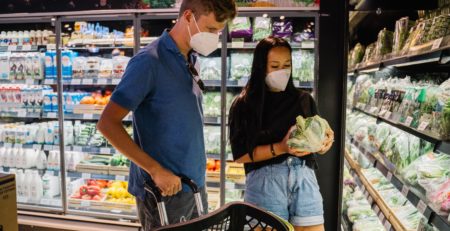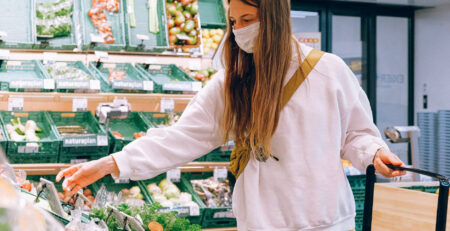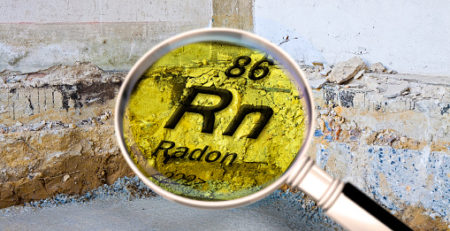Vegan products: how to certify them to ensure the protection of companies and consumers
Whether it’s for health, respect for animals, environmental protection, or the desire to experiment with new eating styles, we are facing an important change: people are tending to increasingly avoid eating meat and fish, and animal-derived foods, and prefer a “plant-based” diet.
Meat production takes up 80% of agricultural land and contributes to about one fifth of all man-made greenhouse gases. Moreover, its noble proteins will not be enough to feed the world in the coming decades and in 2050 there will be 10 billion of us. There is also another significant element: the pandemic has reshaped many habits and accelerated the shift towards plant-based products. The realization that Covid is a zoonosis has provided a compelling reason to rethink consumption patterns and the impact of one’s eating habits.
Increasingly advanced food technology allows for the creation of alternative products that mimic animal proteins without the environmental impact and ethical implications of animal-based production. Meat analogues are, along with alternatives to cow’s milk, one of the leading products within the plant-based market. Fake meat is an increasingly popular product, not only among vegetarians and vegans, but also among that segment of consumers who reduce the use of animal proteins in favor of plant-based ones.
Until a few years ago, plant-based products in supermarkets were relegated to small corners and could be counted on the fingers of one hand (mostly soy milk, tofu, seitan). Today the terms veg, vegan, vegan have entered the common vocabulary, and even the term “plant-based” is making its way into our culture. Stores around the world are offering an ever-growing and appetizing selection of plant-based products, including a variety of alternatives to meat, dairy and eggs. Vegans, discerning consumers, have become a market to invest in.
Unfortunately still today the wording “veg” with attached symbols or other wording is not subject to any specific regulation. The use of the wording “vegetable”, “vegetarian” or “vegan” is therefore freely established by the producer who must respond at the regulatory level to the fair information practices of the EU Regulation 1169/11.
A correct approach to protect the company and consumers can be today to refer to available guidelines on the subject. ISO 23662 provides definitions and technical criteria for foods and ingredients compatible with dietary choices:
- ovo-lacto-vegetarian
- ovo-vegetarian
- lacto-vegetarian
- vegan
Provides a reliable and internationally agreed reference that the food and beverage industry can use when marketing their products.
Users who choose to eat according to the vegan lifestyle may find it difficult to navigate their way through product selection if they do not have knowledge of any manufacturing processes, as many additives containing substances of animal origin are used by food companies. The choice of a vegan product is often only linked to the presence of a guarantee mark on the product. On these products we can find many marks that are very similar to each other, but that actually have very different meanings: we go from the very simple self-declaration of the company, to the real certification, passing through marks granted for a fee.
One of the simplest solutions is certification of the individual product, verifying the absence of ingredients of animal origin with DNA analysis. The second possibility is to extend the controls to the entire supply chain from field to table with the possibility of treating also the packaging.
The V-Label brand, distributed by V Label, is a logo that has become international, being registered in over 70 countries worldwide. The control and the release of the certification is done in a documental way. The producers concerned must provide a series of information and on the basis of what is declared, a check is made of all the necessary technical documentation and the production method to exclude the presence of voluntary or involuntary contamination beyond the limits allowed by the criteria of the label in question. If everything has been respected and no criticalities are found, the mark to be printed on labels is issued.
Another solution is that proposed by VeganOk, which issues a guarantee mark to be placed on the label after having filled in a self-declaration form attaching documents and technical sheets on the single ingredients used. The VeganOk standard adopts a very strict specification with extremely strict rules (more than any other vegan standard in the world). The company assumes the criminal responsibility of self-declaration of conformity to the VeganOk standard. The packaging of the product is also checked with regard to the materials used for the packaging (verifying the absence of animal parts in the packaging, glues, adhesives, inks, bottle caps). It also provides for the prohibition of using palm oil and the prohibition of carrying out or commissioning animal experiments.
If you wish to request a consultation, the team of Studio Santoro will guide you in choosing the most suitable service for your needs.

